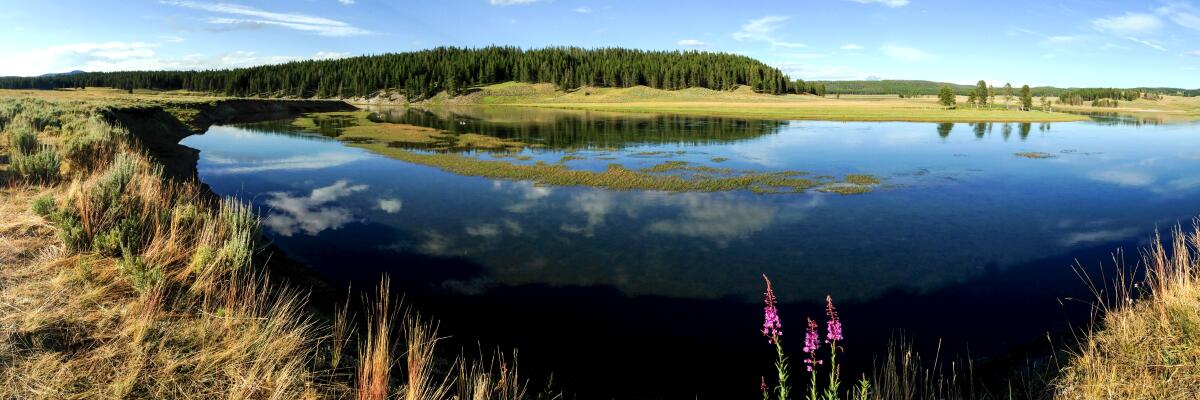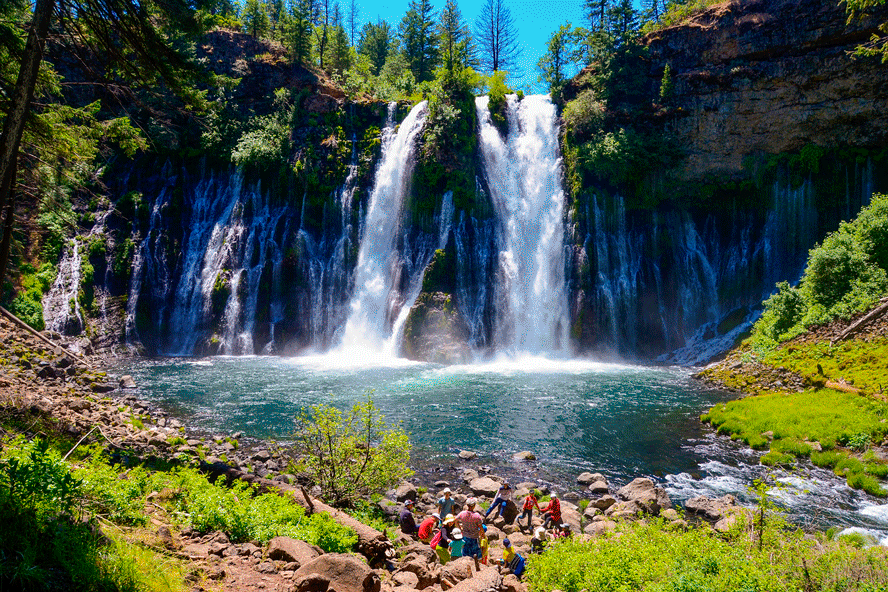For travel opportunities with pay and perks, try seasonal jobs

Yearning to travel, but too budget constrained to take a vacation? There may be a good alternative: seasonal travel jobs.
These jobs, which involve working in camps, resorts, national parks or other tourist locations, are rarely highly paid. But they often come with benefits — meals, discounted housing and free or discounted access to adventurous activities such as horseback riding, mountain climbing, skiing and rafting.
“My first job was in Yellowstone, and I got meals and housing for about $40 a week,” says Dylan Morra, chief executive of VagaJobs, a job board for seasonal work. “One winter I worked in Sun Valley, Idaho, and I got to snowboard before and after work for free. It was a great perk.”
These jobs are ideal for students as well as for retirees and other adults who have the flexibility to be away from home for months at a time. Morra, who lives in his van, says that although the jobs usually pay minimum wage or slightly more, living expenses tend to be so low that you can save thousands of dollars each season. He works eight or nine months a year and travels for leisure the rest of the time.
These trips will take you to priceless places, and our pro tips will help you dig deeper.
You generally don’t need experience, either. Most positions require little more than a positive attitude and good people skills.
In normal years, seasonal jobs can involve overseas travel. But pandemic-related travel restrictions have drastically limited the number of jobs available outside the U.S. this year. International opportunities should reappear as countries reopen to tourism.
Responsibilities
What will you be doing if you get one of these positions? The options span all aspects of hospitality. You could work the reception desk in a hotel, wait tables, clean rooms, organize activities for kids, lead whitewater rafting adventures, man a zipline or run a ski lift. One site is advertising for camp counselors, activities directors, cooks, housekeepers, bartenders, servers and front-desk workers. Another is looking for tech experts to operate the resort’s website.
Finding work
There are several sites that let you browse a variety of seasonal travel job opportunities.
CoolWorks, one of the oldest and best established of these sites, is advertising dozens of positions that are hiring now, including line cooks and transit bus drivers at resorts all over the country. A few of the positions are full time and permanent, but most last three to eight months, spanning either a winter or a spring and summer season.
Xanterra, the primary concessionaire for several national parks, hires both full- and part-time workers to staff facilities in California, Arizona, Montana, Wyoming, Utah, Colorado and South Dakota. For full-time staff, it looks for those willing to work at least 40 hours a week. It pays time and a half if you exceed the 40 hours. And working more than 40 hours a week is highly likely during the summer’s peak season. Your pay, set by position and experience, is never less than minimum wage. The company also provides discounted housing and meals. Some jobs include an end-of-the-season bonus of as much as $1,000.
VagaJobs, launched last year, has an impressive array of job listings. Like the other sites, you can search for free. The resorts looking for workers pay to advertise. To differentiate itself from the other sites, VagaJobs offers a tool that creates a standardized resume that you can use to apply to nearly all the jobs listed on the site. As a regular seasonal worker himself, Morra says he designed that tool because he found it exhausting to keep filling in the same information when he applied for multiple seasonal positions.
“People are ready to make a big change in their lives,” Morra says. “I have had friends quit their 9-to-5 jobs making $80,000 or $90,000 a year to go work in Idaho for a summer. I think this pandemic is teaching people to do what makes you happy.”
There’s a plethora of side jobs for food lovers, including food photography and reviews, offering cooking classes, and working at restaurants, bars and — eventually — events.
Kristof is the editor of SideHusl.com, an independent site that reviews hundreds of money-making opportunities in the gig economy.








